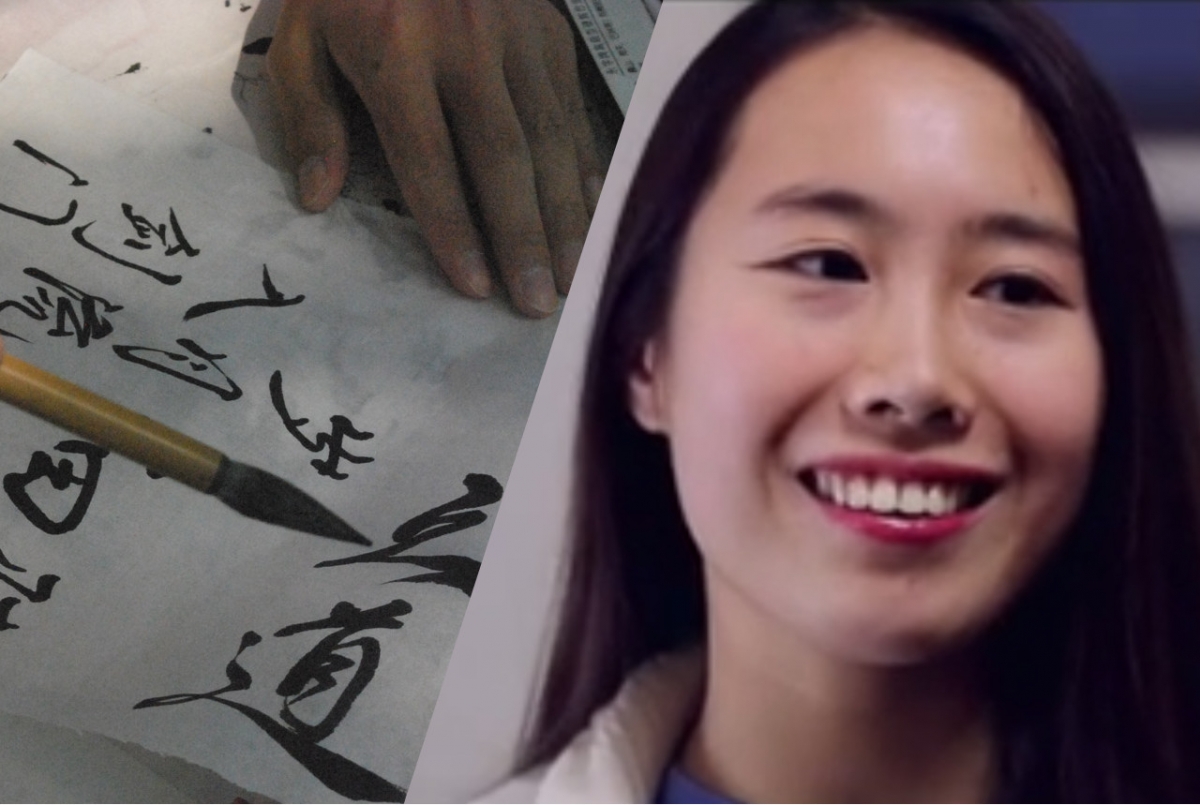Two years ago, Weijia gave up his English name, ‘Sam’, and wanted everyone to call him by his birth name.
“I used to think I [was] very weird when I decided to reuse my [traditional] name in daily life,” said the University of Melbourne student. “Many of my friends [just kept using] their English names.”
Like many in China who are often given unofficial English names for English-speaking contexts, Weijia — whose name actually means “best wishes” in Chinese — was given the name ‘Sam’ at a young age.
“I was given the name ‘Sam’ by my English teacher in kindergarten,” he said. “I hadn’t used it for a long time until coming to Australia.”
Once he came to Australia to study, Weijia readopted his abandoned English name. “Many international students close to me were all using English names,” Weijia said. “I thought ‘I should follow them as well’, so I started to call myself Sam.”
He met many international students with English names, such as ‘Ivy’, ‘Jenny’ or ‘Tom’. “I even met someone whose name was Dragon,” he said.
But in the end, he just wanted to be comfortable knowing who he was. “I just wanted to be myself,” he said.
Many international students adopt an English or Anglicised name when they commit to overseas studies. It’s a decision that is mostly driven out of pure convenience for themselves and their local counterparts. By having a name like ‘Susan’, ‘Ricky’ or ‘John’, awkward encounters that international students might have with strangers and new friends may be limited. Not wishing to cause an immediate social rift when it comes to pronouncing their names, a simple name change might not mean much.
But in doing so, are international students giving up anything else? Weijia offered one perspective.
“I felt uncomfortable to continue using my English name, in particular when finding that there are still international students who are using their original names,” Weijia said. “I realised that fact that I’m not calling myself a name that my parents had given me since I was born, and it made me feel distant from the real me.”
Similar to Weijia, third-year Biomedicine student, Yufei Su, also gave up her English name, ‘Sophie’ after her first orientation.
“When I was doing foundation studies, I always introduced myself as ‘Sophie’ to others,” Yufei said. “But then I realised that my name can also be easy for English speakers to pronounce, and since I am Chinese, I feel that I should use my own name confidently.”
Like Weijia, Yufei’s name also has a meaning which her parents carefully considered. “My mum had flicked through the dictionary for three days before deciding the characters of my name. The middle character, Yu, consists of the constituents ‘gold’ and ‘jade’. My parents consulted fortune tellers after my birth, and they said I lacked the element of gold, hence my mother picked a character with a component of ‘gold’.”
Yufei recalled being in class and having tutors feel uncertain about the pronunciation of her name.
“I can feel that when my tutors call me in class for the first time, they are a bit uncertain about the pronunciation, as they will raise the tone and repeat my name.”
But so far, it hasn’t been a real problem for her. “Some people even said my name sounds melodic, even if they are not sure what it means.”
Yufei is fortunate, as is Weija, in that they have been in the company of those who’ve been forthcoming towards their choices to embrace their identity. Others aren’t as lucky.
Earlier this year, Chinese students living on campus at Columbia University in New York City found their Chinese name tags on doors were vandalised during the Chinese Lunar New Year. Tags bearing Anglo-Saxon names remained unscathed. Having left his English name ‘Jack’ on the name tag while moved to another new residential building, Huhe Yan was one of the few Chinese students whose name tags were left undamaged. Nevertheless, the issue upset the sociology student who deemed this act of vandalism as a xenophobic attack. Determined to make a change, Yan published the video ‘Say My Name‘, where Yan and fellow Asian-American and international students explained the meanings of their names. The video later went viral on social media.
'Say My Name': The Chinese students fighting racism
Fighting racism with education: http://bbc.in/2m0R2lV
Posted by BBC News on Tuesday, 7 March 2017
“I guess [my name] is important because my parents have, like, great hopes for my future, like, you know, to make the world a better place,” Huhe said in the video.
“It also reminds me of where my roots are, to never forget where I come from,” Huhe continued.
As a residential college student in Australia, Yufei empathised with the affected students at Columbia University. “I really hate this kind of [name discrimination],” Yufei said.
Name-based discrimination is unfortunately not new, particularly here in Australia where job seekers with non-Anglicised names may be disadvantaged despite their level of competency and experience. This, of course, doesn’t just apply to international students. Recent migrants, indigenous people, immigrants and children of immigrants who have grown up local are similarly affected.
It is a complicated issue that sparks further questions, not only for the international student community but for Australian society too: why should anyone have to adopt an English/Anglicised name in a country where multiculturalism is valued? How should international students find a balance between fitting in a new environment while maintaining their identity and culture? Weijia offered his opinion.
“There is no right or wrong in using an English name,” Weijia said. “Just be yourself.”

